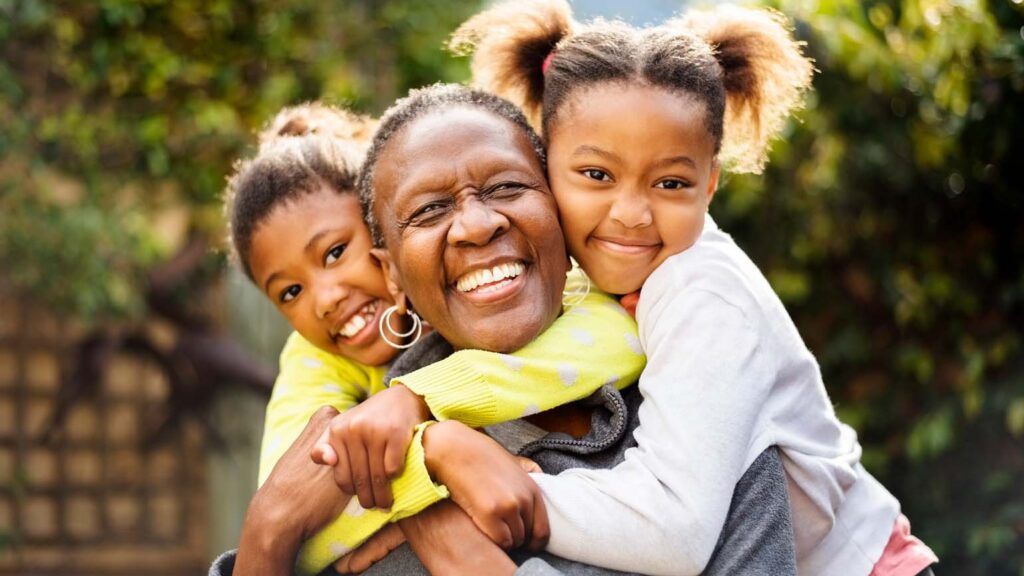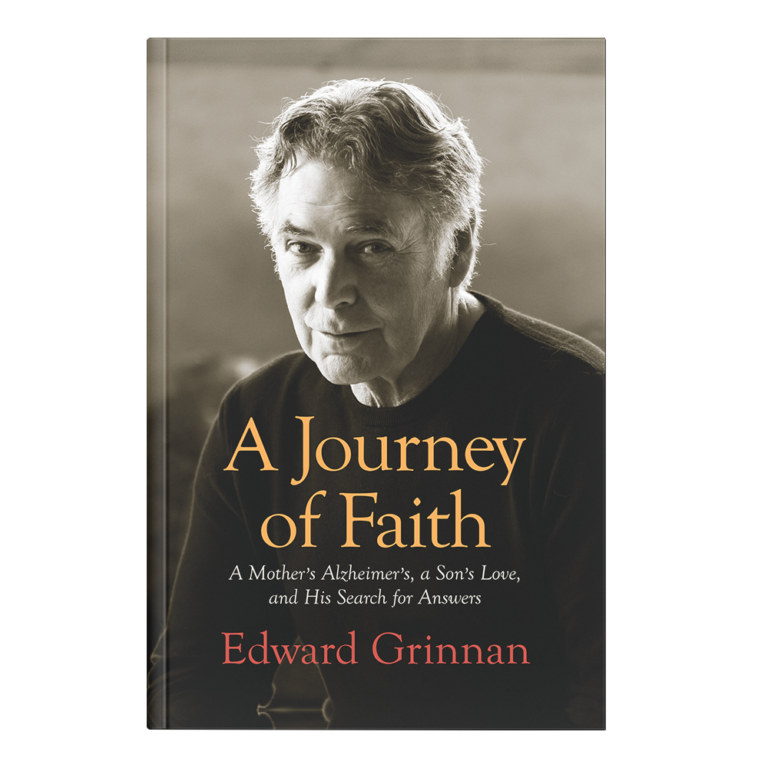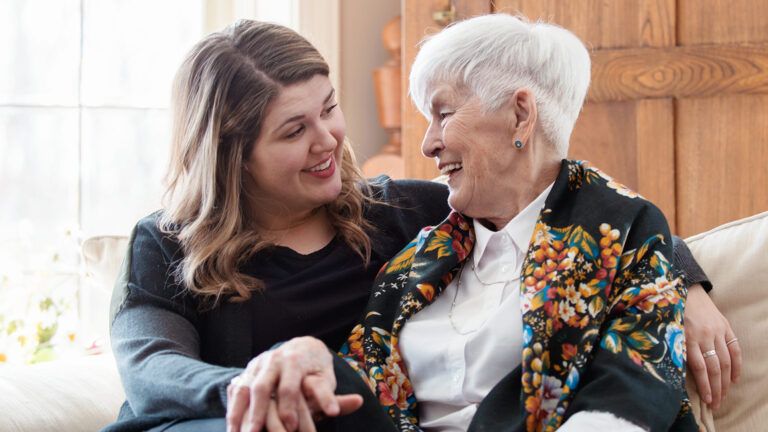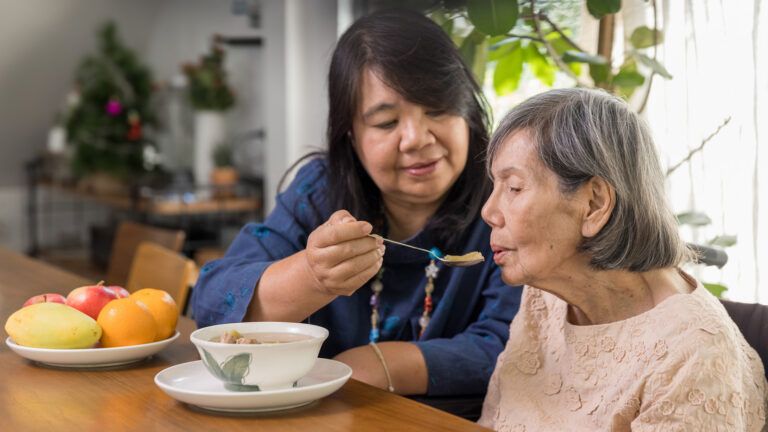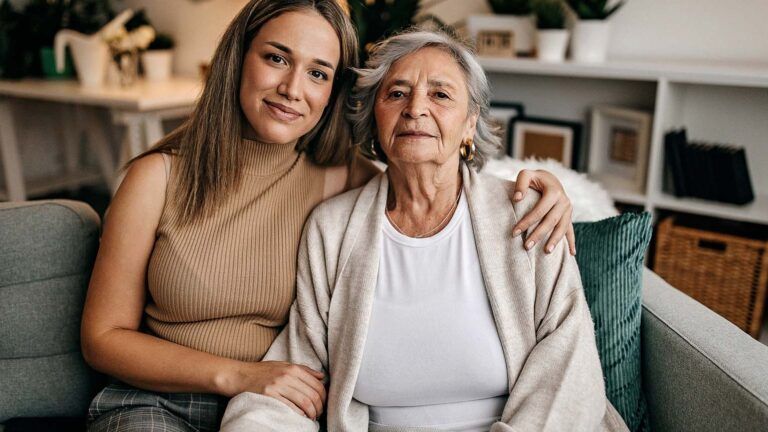Ashlee Cordell is a Research Assistant and Project Coordinator with the Benjamin Rose Institute on Aging
Many older adults feel isolated from those who are most dear to them, due to the often independent American way of life. It’s not unusual for family members to be largely separated, either by many miles or because of time pressures. This can leave older adults without the crucial support they depend on.
An estimated 27 percent of older adults age 60 years and older live alone in the U.S. and would reap significant rewards from expanding their social networks. According to Generations United, a national organization that focuses on intergenerational collaboration, two in three Americans would like to spend more time with others outside of their age group. A great way to achieve this is via intergenerational programming. It offers a variety of fun and meaningful ways for people of various ages to spend time with one another, with benefits for all. Among the primary rewards of intergenerational programming are:
- Enhanced connection. It lowers issues of social isolation and loneliness by bringing age groups together in order to gain knowledge from each other and build new bonds. Friendships that develop among people of various age groups also benefit the community at large by working against negative stereotypes and ageism.
- Heightened sense of purpose. It carves out additional social roles for all participants. Every person, regardless of age, has the opportunity to become an educator, a mentor or even a grandparent/grandchild to an individual who needs that role filled in his or her life. These roles, in turn, can have a positive effect on confidence, self-image and general sense of well-being.
- Greater understanding of others. It uniquely enables people of all ages to tell their stories and pass on traditions. This expands understanding of lifestyles that are both familiar and unfamiliar.
- Mood-boosting effects. It connects age groups in meaningful ways that can improve mood.
To enjoy these benefits, your loved one must simply get together with people from another age group. The good news is that there are many positive ways for the generations to mix and mingle. As a start, you may want to explore the following well-established intergenerational programs:
- Companionship Programs. Friendly Visitor and Senior Companion Programs across the U.S. use volunteers to provide companionship and support to lonely or isolated older adults. The volunteers interact with an older adult friend in-person or over the phone. They provide an array of support, including help with light household tasks, general technology support/education, shopping, conversing over coffee or a meal, etc. Benjamin Rose Institute on Aging, for instance, offers both the Senior Companion program and has opportunities for volunteers to run errands for and make wellness calls to older adults in the greater Cleveland area.
- Foster Grandparent Program. The Foster Grandparent Program, offered through AmeriCorps, connects older adults with youth to serve as role models, mentors, tutors and friends to help guide younger generations to a successful future.
- The Buddy Program. The Buddy Program, developed by a retired Northwestern physician who was diagnosed with Alzheimer’s disease, pairs first-year medical students with individuals living with early-stage dementia and provides mentorship and social engagement opportunities for both parties over the course of an academic year.
- Opening Minds through Art (OMA). OMA, developed at Miami University Scripps Gerontology Center, is an intergenerational art-making program for individuals living with Alzheimer’s disease and other forms of dementia. Its abstract, choice-driven nature provides opportunities for creative self-expression and social engagement.
If your loved one is unable to spend time with family and friends on a regular basis, you may want to also explore intergenerational offerings at schools, senior centers and community centers in your area. It’s possible that one or more of your local long-term care facilities may also have such programs, as well. Go to the Intergenerational Program Database on the Generations United website for additional information on intergenerational programs throughout the country. This directory includes a mixture of both one-time and reoccurring programs.
